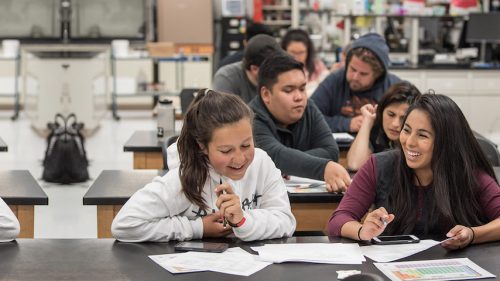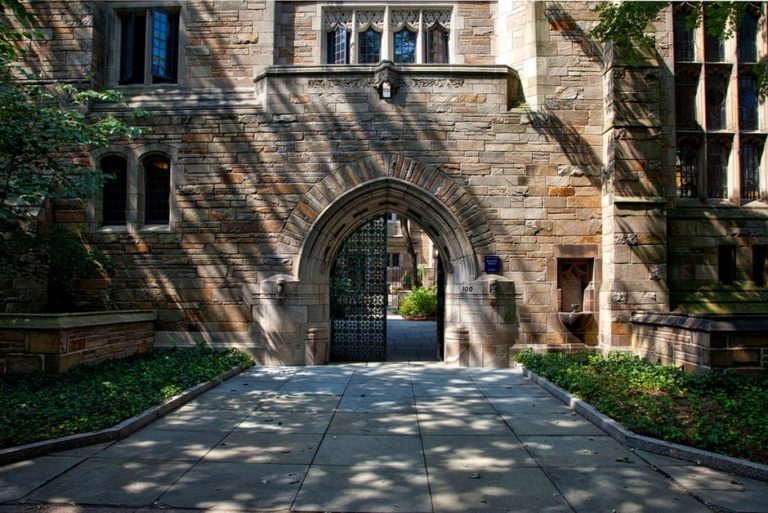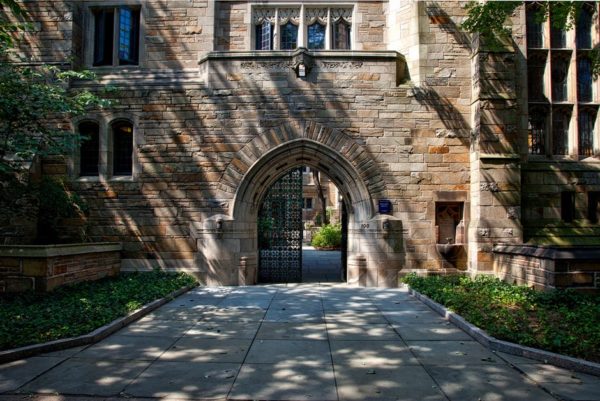College Student Engagement and the College Search
Last Updated on February 18, 2025 by Jill Schwitzgebel
So, you’re starting the college search process. And now you’ve discovered that there is going to be a lot more to this experience than you expected. And today, it’s possible that I’m going to add in another factor you had not considered – college student engagement. It matters. And fortunately, there is a report, the National Survey of Student Engagement (NSSE), which can help you to learn about the experiences of undergraduates at the colleges that your student is considering.

We already know from the Challenge Success survey in 2018 that student engagement once they get to campus is more important to students’ later success than a college’s selectivity. So it makes sense that you would want your child to attend a school that is doing a great job in supporting student learning and getting them involved and connected on campus.
See also: Is a College with Big Name Recognition Always the Best Choice?
The downside to the NSSE is that institution participation in the survey is voluntary. And beyond that, the NSSE will not publish results from individual schools unless the school chooses to do so. But, the goal of the survey is for institutions to be able to use it for self-improvement. Generally, it is in their own best interests to know the results of the survey, but I can see why a college might choose not to share the results before they know whether the results look good or bad for them. Some institutions also don’t choose to participate annually.
Since the report itself is a little “dry” to read, you can always just search the name of the college you are interested in, along with “NSSE” to see if they have published the report results. Just as an example, I searched “Ohio State and NSSE” and this was the first link that appeared. If you then click on “snapshot” you can see how the college performs on engagement indicators as compared to the other institutions surveyed. You can see a list of colleges that have participated in the student engagement survey here.
Additionally, you can request a Pocket Guide to Choosing a College. The guide contains questions to ask on college visits, focusing on what we know constitutes a quality college experience.
Engagement Indicators and Best Practices
The survey breaks down indicators and best practices into four major themes: Academic Challenge, Learning with Peers, Experiences with Faculty, and Campus Environment. The engagement indicator survey questions were developed through years of focus groups, student interviews, and then pilot testing. They cover all aspects of student engagement on campus. There are 47 questions in total. Here are a few examples:
In Academic Challenge, undergraduates are asked to answer questions like, “How much has your coursework emphasized applying facts, theories, or methods to practical problems or new situations?”
In Learning with Peers, they are asked things like how often they prepared for exams by discussing or working through course material with other students?
In Experiences with Faculty, one of the questions asked is, “Have you discussed course topics, ideas, or concepts with a faculty member outside of class?”
And in Campus Environment, students are surveyed about the quality of their interactions with faculty and peers, as well as about items like whether the college provides the support they need to succeed academically.
Additionally, students are asked about practices that are considered to be “high-impact” due to their positive association with learning and retention. Questions include whether the college has service learning opportunities, opportunity to work on research, and opportunity for internships.
Survey Findings
You can view tables broken down in a number of ways, including by specific college. But here are a few of the overall findings from the most recent reports (2021 & 2023):
- 38% of Seniors reported working on research at private liberal arts universities as compared to 20% of Seniors at public doctoral research universities
- At public universities with more than 10,000 students, 10% of students studied abroad. At private institutions with less than 2500 students, 14% of seniors did so
- About half of of seniors enrolled in Arts and Humanities majors had participated in a course that included service learning versus about 40% of students majoring in Physical Sciences, Computer Science or Math.
- Among seniors at institutions with fewer than 2500 students, students were 33% more likely to complete a capstone type of senior project (68% completed), as their peers at institutions with more than 10,000 students.
- 54% of first year students said that their campus provided “quite a bit” or “very much” in the way of mental health counseling services. Only 14% reported “not at all” or “very little.”
Remember, you may be able to find the above information for the individual colleges your student is most interested in, and that will show you how that college stacks up compared to the national survey, as well as against similar-sized colleges. While the NSSE won’t tell you if the college is right for your student, it will help you and your student to consider what factors are important to them in a college. And that may give you some important insight as they attempt to narrow down their list. Even if the colleges under consideration don’t have the results of the survey, there is no reason you can’t ask them the survey questions yourself . For instance, you can easily ask, “What percentage of your undergraduates engage in research?” or “How many of your students participate in service learning?”
See also: What to Do and Questions to Ask on a College Visit








